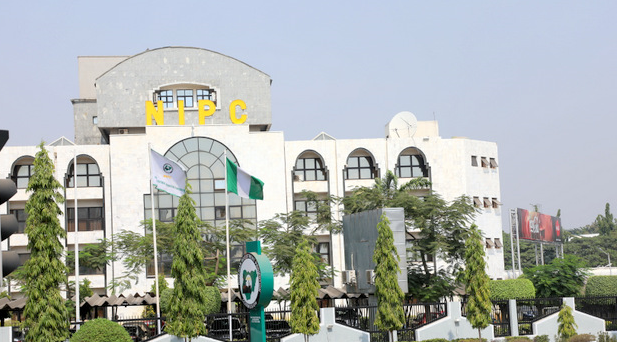Mele Kyari, group managing director of the Nigerian National Petroleum Company (NNPC) Limited, says the country doesn’t test for methanol content in petrol.
Kyari disclosed this during a media briefing on Wednesday night.
In 2008, when suppliers shipped off-spec petrol into the country, the defunct Department of Petroleum Resources (DPR) also claimed that it did not test for ethanol, which was not part of the specification of Nigeria grade for gasoline.
Since Monday, Nigerians have been facing a fuel shortage after petrol, with methanol quantities above specification discovered in the supply chain.
Advertisement
The development caused long queues across Lagos and Abuja as many filling stations shut down services.
The GMD said methanol-blended petroleum motor spirit (PMS) was imported from Antwerp, Belgium, by four direct sales direct purchase (DSDP) suppliers, namely MRS, Oando, Emadeb Consortium, and Duke Oil, a subsidiary of NNPC.
According to him, the off-spec petrol cargoes were able to get into the country because Nigeria does not usually test for methanol content.
Advertisement
Kyari explained that quality inspectors certified the product to have met the country’s specifications at the point of import in Belgium and the point of arrival in Nigeria.
“It is important to note that the usual quality inspection protocol employed in both the load port in Belgium and our discharge ports in Nigeria do not include the test for percent methanol content and therefore the additive was not detected by our quality inspectors,” Kyari said.
Kyari said all defaulting suppliers have been put on notice for remedial actions — and the NNPC would work with the authority to take further necessary action in line with subsisting regulations.
“NNPC wishes to reassure Nigerians that we are currently sourcing additional cargoes to ensure product sufficiency,” he added.
Advertisement
Methanol is regularly added to petrol but in an acceptable quantity. High percentages lower the energy density of petrol to the point where it can potentially damage the engines of automobiles.
Add a comment






